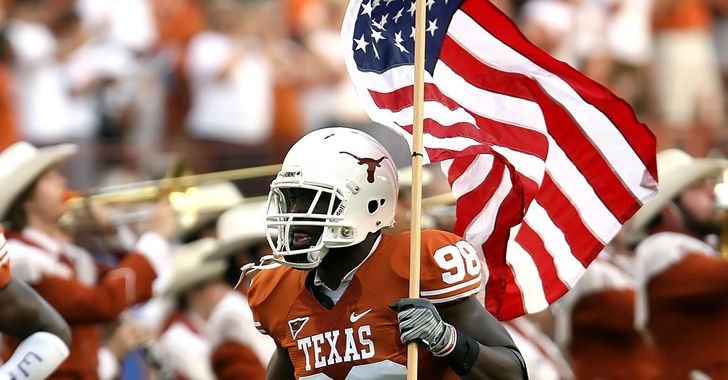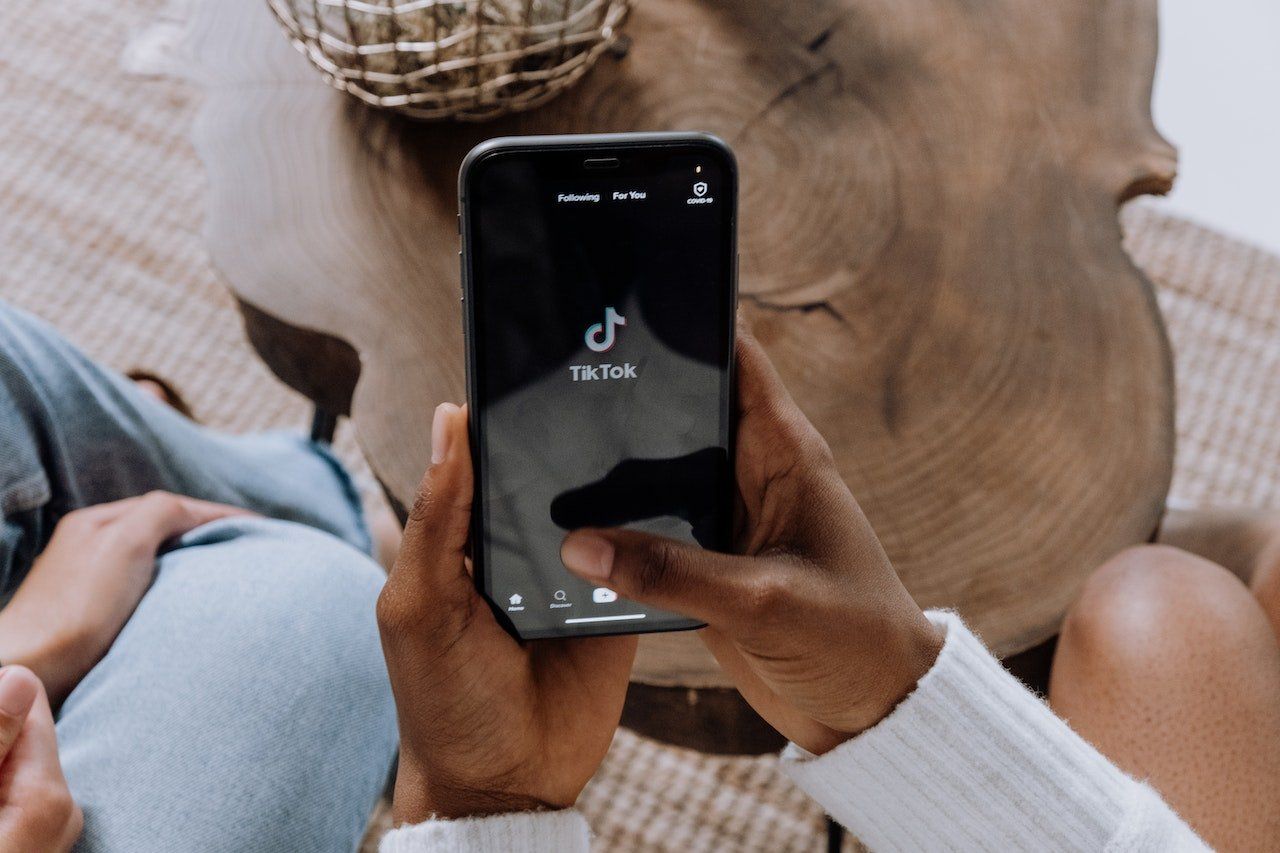Picture this. It's July 18, 2019. The previous day, Special Counsel Robert Mueller had completed his testimony to both the House Committees on Judiciary and Intel; following his testimony, he checked his watch (naturally, he's wearing it upside down, military style), and saw that it was time to return to private life, believing his work to be done, finally. Mueller believed that there was nothing in his testimony that could possibly move the needle; it maintained absolute fidelity to his report (which, he proclaimed, was his testimony), and added no new information.
This is irrelevant. The morning of July 18, Speaker Nancy Pelosi holds a press conference, flanked by House Intelligence Committee Chairman Adam Schiff and House Judiciary Chairman Jerrold Nadler. They've decided to introduce and vote on Articles of Impeachment, repackaging already-stated conclusions of Mueller's as new information that have it clear that House Democrats have no choice but to act.
This series of events is entirely fictitious, but not for long.
House Democratic leadership is split at the moment on whether to act to impeach or not, with House Financial Services Chairwoman Maxine Waters and Judiciary Chairman Jerry Nadler (reportedly) backing an inquiry, while Speaker Pelosi, House Majority Leader Steny Hoyer, and Intelligence Chairman Adam Schiff try to stem the impeachment tide. However, Mueller testifying will raise the salience of his conclusions of possible obstruction from legalese buried within a 400-plus page report to an easily digestible soundbite on national TV, one that makes impeachment politically viable.
For House leadership, the value of hearing from Mueller is simple: they realize that most Americans don't fully understand the gravity of the investigations against Trump, and that hearing from him live will change that. Anything else from Mueller is just gravy; even if nothing new is uncovered, lack of new information does not imply a lack of value to hearing from the architect of the report himself, on live TV. We live in a soundbite culture, where most Americans would rather not sort through the brambles of a dense legal document when their favorite cable TV hosts can package it into a one-minute summary.
This is why Attorney General William Barr's summary of the Mueller report was so potent (and misleading): the first impression most Americans got of Mueller's work was the phrase"no collusion," blasted day in and day out on TV, backed by the imprimatur of the nation's leading law enforcement officer. While a vast oversimplification, it was one unlikely to be corrected by ordinary Americans diving into the weeds of the report.
However, this desire for simplicity can be harnessed by Democrats, as we saw at work with Mueller's May 29 press conference. Mueller added zero new information in his remarks, but materially changed the landscape for impeachment's viability. What drew the most attention was Mueller's pronouncement that "if we had had confidence that the president clearly did not commit a crime, we would have said so." This line is not meaningfully different than what was already said in the second volume of his report, practically highlighted with red underlining on page two of the report, "…while this report does not conclude that the president committed a crime, it also does not exonerate him."
Yet, after Mueller spoke, an NPR/PBS NewsHour/Marist poll found that after Mueller spoke, support for impeachment among independents nearly doubled from 14 to 23 percent, with a majority of Americans (52%) wanting either impeachment, investigations, or censure. What changed? The comments were nearly identical, but for people that want quick, Cliffnotes-esque takes, the medium of live TV made all the difference in the world.
Nancy Pelosi realizes all of this, and has only held back from impeachment for a singular reason, she doesn't think political support exists for impeachment among independents. While she's presented a litany of different reasons for her calculated, methodical approach (that she prefers Trump to be imprisoned than impeached, that she wants to avoid centralizing all investigations in the Judiciary Committee, etc.), the truth is that her underlying reasoning will always be political, determined by where she thinks popular opinion lies on impeachment. She has largely made this clear, arguing in a March interview that "Impeachment is so divisive to the country that unless there's something so compelling and overwhelming and bipartisan, I don't think we should go down that path, because it divides the country. And he's just not worth it."
However, public opinion is not set in stone but can be molded, particularly by someone with the platform of the Speaker of the House. Just hearing Mueller trot out the same points as his report moved the needle enough to a situation where the majority of Americans support some action against Trump; while many of those support continued investigations, Pelosi can ably make the case that investigations are rendered toothless in a world where administration officials brazenly ignore subpoenas and refuse to turn over key information.
The reality is that impeachment proceedings have already begun in everything but name only. However, formally introducing Articles of Impeachment serves to make existing investigations effective by disarming the administration's main legal defense – that there is no "legitimate legislative purpose" for House oversight. For Democrats that desire oversight, centralizing investigations within a revitalized Judiciary Committee given a mandate to investigate criminal activities is the only path forward that can allow fast and effective collection of information about the president. The status quo approach of subpoena, stonewalling by the administration, drawn-out lawsuit, rinse and repeat is no way to quickly and effectively create checks on the president; it also offers no ability for House Democrats to fulfill their constitutional duty to oversee the executive as a co-equal branch. This also runs a huge risk. Courts move slowly and deliberately, and there is always the possibility of appeal.
Judicial resolution may not happen until after the 2020 election has already taken place, giving Trump license to triumphantly argue "Nervous Nancy" was so cowed by the lack of evidence she had of his wrongdoings that she couldn't bring a case for impeachment, claiming a de facto exoneration from a witch-hunt just in time for the election.
Ultimately, Speaker Pelosi's reluctance is not truly for any of the reasons she's given, but a cold political calculation that impeachment could backfire against vulnerable House Democrats in 2020. This is an understandable concern, driven by the need to maintain the House majority, and, ultimately, her speakership. However, she should tread carefully to ensure that her desire to keep her gavel isn't parlayed by Trump into something worse — a victory that gives him control of his scepter for four more years.



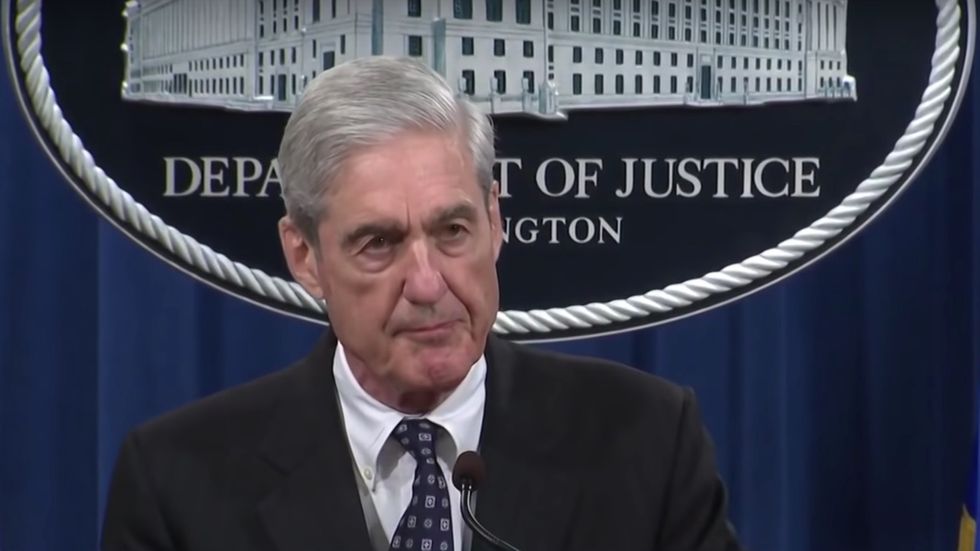
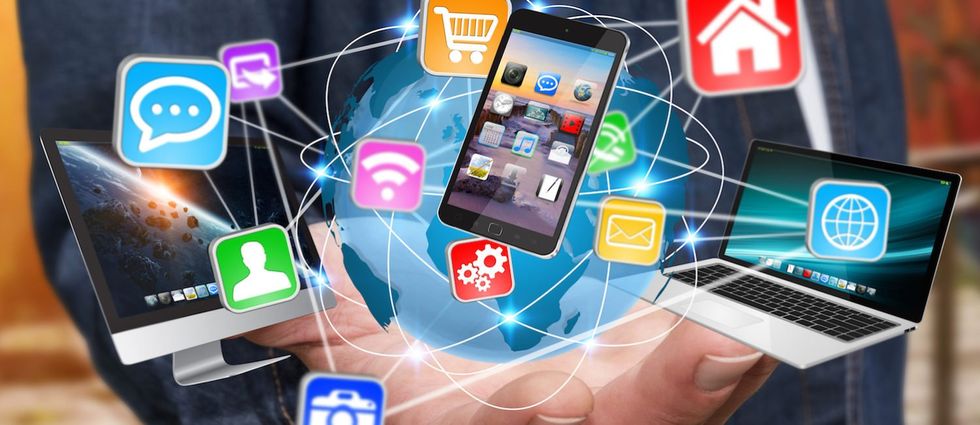



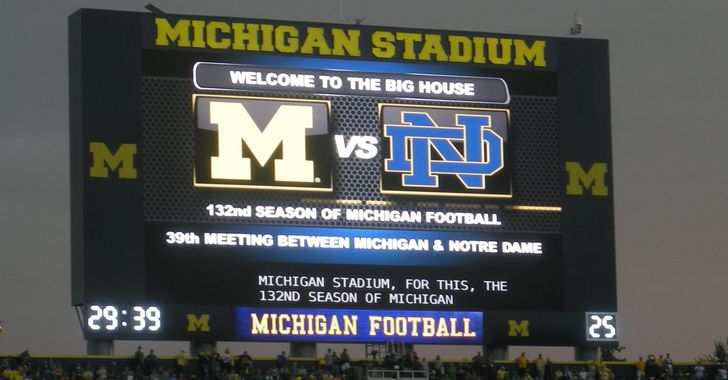
 Photo by
Photo by 